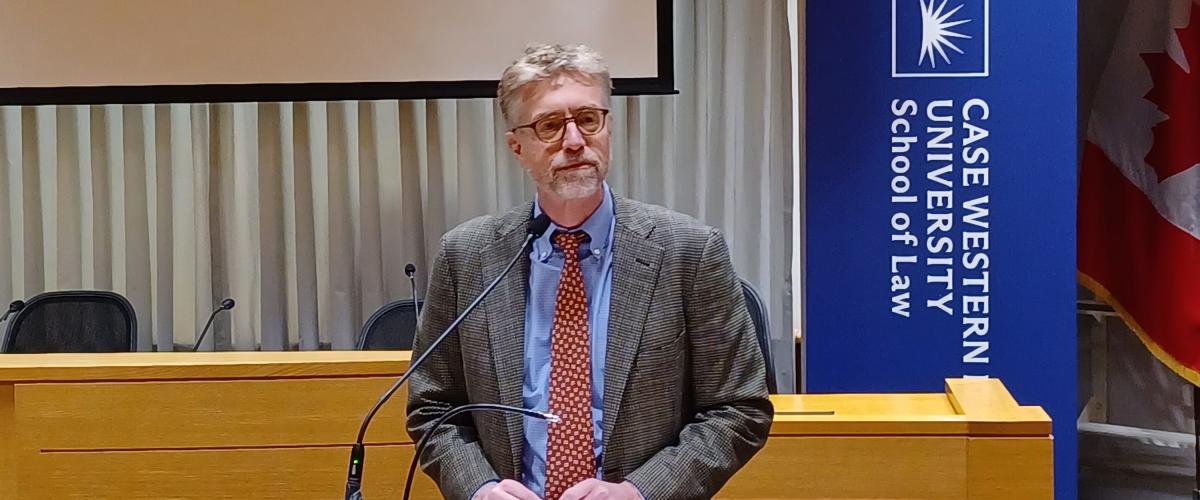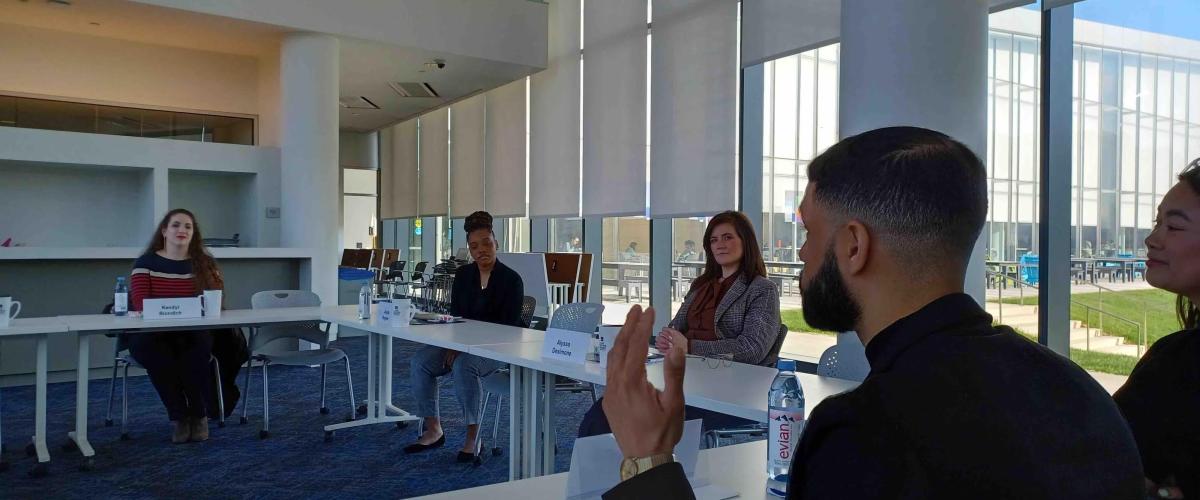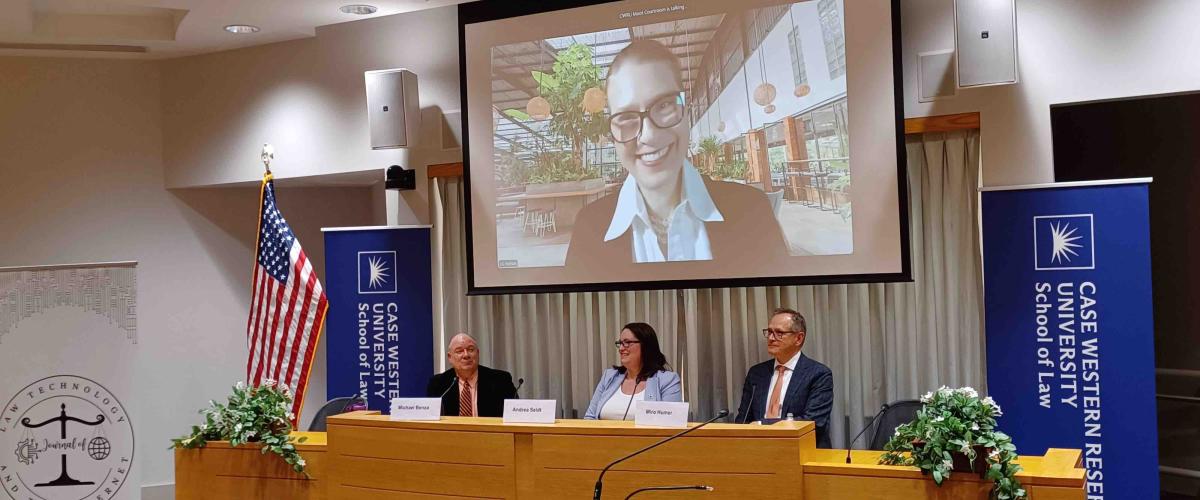On Jan. 31, 2024, the Center for Business Law and Spangenberg Center for Law, Technology, and the Arts convened a panel, Is Google Microsoft 2.0?, to explore the antitrust issues facing “Big Tech” companies operating in the United States. The panel focused on pending litigation against Google in which the company is accused of using its market power to stifle competition through paying companies to be the default search engine on their devices. The outcome of the litigation promises to have a major impact on the future of the Internet and the digital economy.
During the panel, Rita Bryce offered an overview of antitrust in the United States and provided her thoughts on how it might impact technology companies. Raymond Ku then provided an overview of the Google litigation and compared and contrasted it with major antitrust litigation during the 1990s against Microsoft. Anat Alon-Beck discussed the steps that tech companies are taking to limit the reach of antitrust law into their business operations by evolving their business models.
Finally, the audience then engaged with the panel through a robust question-and-answer conversation.
Eric Chaffee, the associate director for the Center of Business Law, moderated the panel. Regarding the panel, he said, “It was fascinating watching a former regulator, former antitrust lawyer, and former business lawyer explore this topic.” He continued, “Although the discussion was based on their past experiences, everything about the panel was cutting edge. The implications of the pending litigation cannot be understated.”
The Center for Business law at Case Western, which is directed by Juliet P. Kostritsky, is an initiative to prepare future leaders to understand business issues facing business entities, engage in research on the role and impact of government in the regulation of business and to foster public debate regarding the role of government in the regulation of businesses. The Spangenberg Center for Law, Technology and the Arts—which is directed by Craig A. Nard—focuses on intellectual property, innovation and technology transfer. In a field where science, economics, philosophy and the law intersect, the center explores legal issues concerning biotechnology, computerization and the creative arts.




